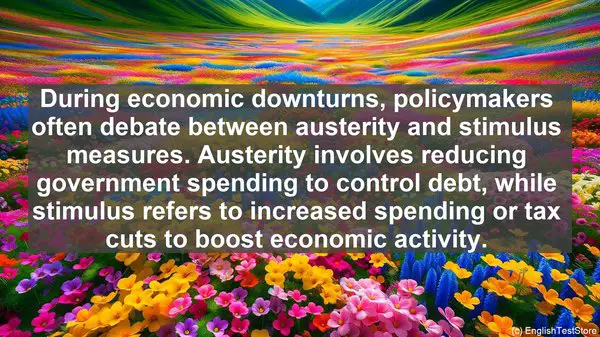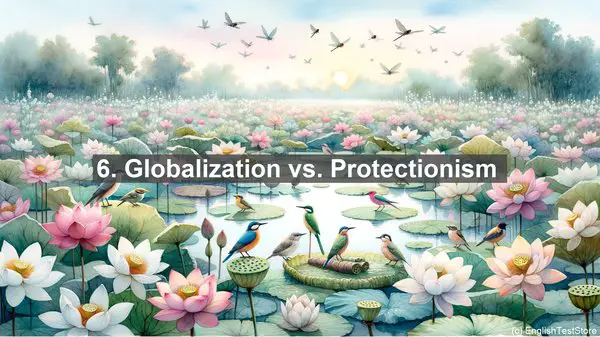Introduction: The Importance of Precise Terminology
Welcome to today’s lesson on the top 10 commonly confused words in political economy. In the field of political economy, precise terminology is crucial for clear communication and accurate analysis. Let’s dive right in!
1. Capitalism vs. Socialism
Capitalism and socialism are often used interchangeably, but they represent distinct economic systems. Capitalism emphasizes private ownership and free markets, while socialism focuses on collective ownership and centralized planning.
2. Fiscal Policy vs. Monetary Policy
Fiscal policy refers to government actions related to taxation and spending, while monetary policy involves the management of the money supply and interest rates by the central bank. Both policies aim to influence the economy, but through different channels.
3. Inflation vs. Deflation
Inflation refers to a general increase in prices, reducing the purchasing power of money. Deflation, on the other hand, is a decrease in prices. Both have significant implications for the economy, including consumption and investment patterns.
4. Austerity vs. Stimulus
During economic downturns, policymakers often debate between austerity and stimulus measures. Austerity involves reducing government spending to control debt, while stimulus refers to increased spending or tax cuts to boost economic activity.
5. Trade Surplus vs. Trade Deficit
When a country exports more than it imports, it has a trade surplus. Conversely, a trade deficit occurs when imports exceed exports. Understanding these terms is vital for comprehending a nation’s economic relationships with others.

6. Globalization vs. Protectionism
Globalization refers to the increasing interconnectedness of economies through trade and investment. Protectionism, on the other hand, advocates for barriers to foreign competition. These concepts often arise in discussions about international trade.

7. Neoliberalism vs. Classical Liberalism
Neoliberalism, a term often used in contemporary discourse, emphasizes free markets and limited government intervention. Classical liberalism, on the other hand, emerged in the 18th century and shares similar principles. Understanding their nuances is essential.
8. Regressive Tax vs. Progressive Tax
Regressive taxes, such as sales tax, take a larger proportion of income from low-income individuals. Progressive taxes, like income tax, have higher rates for higher income brackets. These tax systems have different distributional effects.
9. Public Good vs. Private Good
Public goods, like national defense, benefit society as a whole and are non-excludable. Private goods, such as a car, are excludable and only benefit the owner. Understanding this distinction is crucial for discussions on government intervention.
10. Monopoly vs. Oligopoly
Monopoly refers to a market with a single dominant firm, while oligopoly involves a small number of large firms. Both market structures have implications for competition and pricing. Recognizing their differences is vital for antitrust policies.
